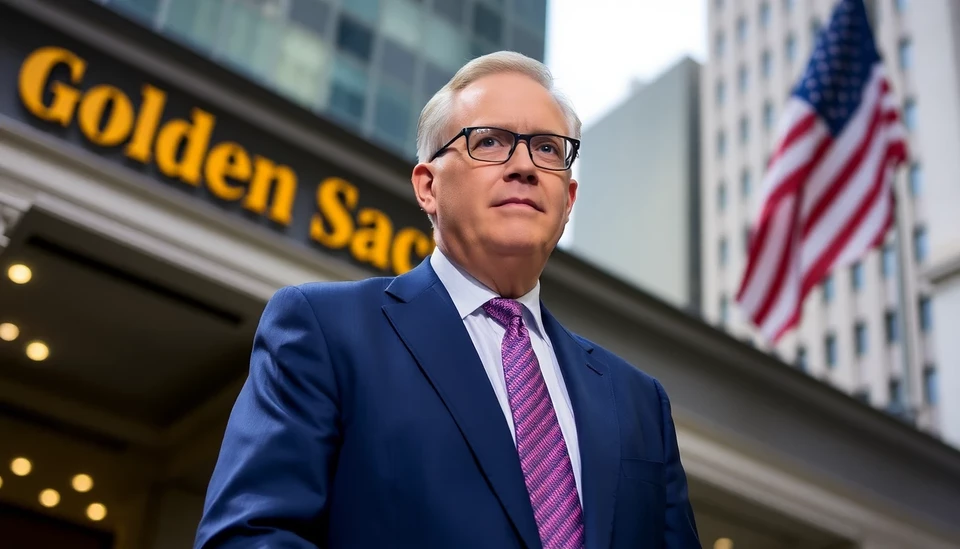
In a significant development for both the financial and environmental sectors, Goldman Sachs has announced its departure from the Climate Alliance for Banks, the initiative aimed at addressing the challenges posed by climate change. This decision comes amidst changing dynamics in corporate sustainability strategies and regulatory frameworks, which have prompted banks to reassess their commitments and operational practices.
The Climate Alliance for Banks was established to galvanize the banking sector into taking collective action against climate-related risks while promoting sustainable financing practices. It was designed to foster collaboration among participating financial institutions to drive the transition towards a low-carbon economy. Goldman Sachs, however, has articulated that their exit is reflective of a broader shift in how financial institutions approach climate action.
Goldman Sachs has cited the need for a more tailored strategy that aligns closely with their business objectives and operational capabilities. The firm believes that their individual initiatives may better serve their corporate ethos and sustainability ambitions rather than conforming to collective commitments that may not address their specific goals. This exit indicates a potential pivot in the banking industry, as firms like Goldman Sachs begin to chart unique paths rather than adhering to unified alliances.
This departure raises questions about the future of collective climate initiatives involving major financial players. Observers note that while individual accountability can drive innovation and tailored solutions, it also risks undermining the collective power of industry-wide commitments to combat climate change. The impact of such moves will be closely monitored as industries navigate the balance between profitability and sustainability.
Goldman Sachs is not alone in reevaluating its role within climate alliances. Other financial institutions are also reassessing their participation in various sustainability initiatives. Analysts speculate that a trend might emerge where banks prioritize initiatives that offer measurable results in line with their business model over broader, less quantifiable climate commitments.
As the global financial landscape continues to evolve, the implications of Goldman Sachs' decision extend beyond the realm of environmental governance. This move may influence investor perceptions and stakeholder engagement with regards to climate responsibility in banking. With market sentiment increasingly favoring sustainable business practices, how Goldman Sachs and similar institutions navigate this transition remains a critical area for observation.
Industry experts encourage continued dialogue and cooperation among financial entities, arguing that fostering a collaborative spirit is essential in tackling the complexities of climate change. Enduring success in sustainability initiatives often relies on shared knowledge and combined forces from all sectors of the economy, particularly within the banking industry, which holds a pivotal role in financing environmental solutions.
In light of these developments, it remains to be seen how Goldman Sachs will articulate its future commitments to sustainability and how this will shape its strategic direction in the evolving landscape of climate finance. The departure from the Climate Alliance for Banks is a move that signifies a new chapter not only for Goldman Sachs but potentially for the entire financial sector as it seeks to balance environmental responsibilities with economic realities.
As organizations across various industries reassess their commitments and accountability regarding climate change, the call for a sustainable future continues to rise. The need for innovative solutions to combat environmental issues remains at the forefront of discussions, with banks playing a pivotal role in shaping sustainable practices moving forward.
With this change, the financial world watches closely, poised to glean insights from Goldman Sachs' strategy and its impact on the broader climate finance landscape.
#GoldmanSachs #ClimateAlliance #Sustainability #BankingIndustry #ClimateChange #Finance #EnvironmentalImpact
Author: Peter Collins




